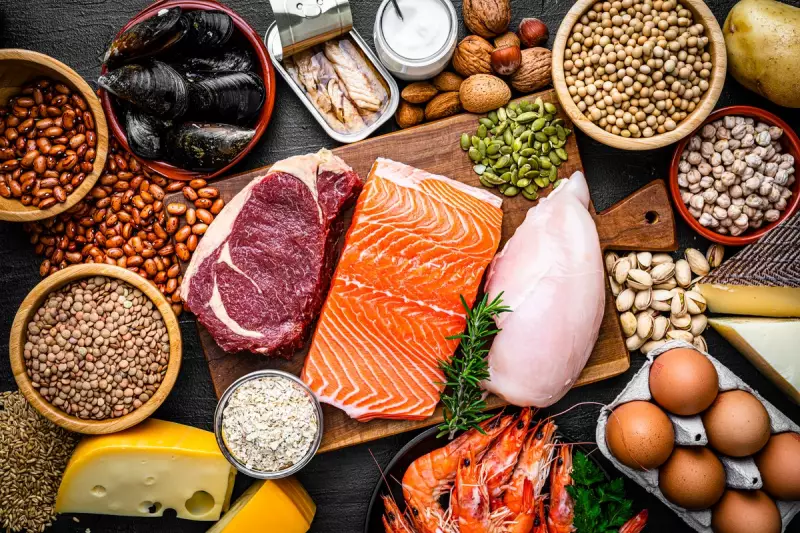
The Ultimate Guide to Daily Protein Intake: What You Need to Know
Protein is an essential macronutrient that plays a crucial role in building and repairing tissues, supporting immune function, and maintaining muscle mass. But how much protein do you actually need each day, and what are the best sources to include in your diet?
How Much Protein Should You Consume Daily?
According to nutrition experts, the recommended daily allowance (RDA) for protein is 0.8 grams per kilogram of body weight for the average adult. However, this can vary depending on factors such as age, activity level, and health goals.
- Sedentary adults: 0.8g per kg of body weight
- Active individuals: 1.2-1.7g per kg
- Athletes or those building muscle: 1.4-2.0g per kg
Top Health Benefits of Protein
Consuming adequate protein offers numerous health advantages:
- Supports muscle growth and maintenance
- Aids in weight management by promoting satiety
- Helps repair cells and tissues
- Boosts immune function
- Maintains healthy hair, skin, and nails
Best Protein-Rich Foods to Include in Your Diet
While protein supplements are popular, whole food sources are generally recommended. Here are some excellent options:
- Animal sources: Chicken, turkey, fish, eggs, and dairy products
- Plant-based options: Lentils, chickpeas, quinoa, tofu, and nuts
- Dairy alternatives: Greek yogurt, cottage cheese, and protein-fortified plant milks
Signs You Might Not Be Getting Enough Protein
Watch out for these potential indicators of protein deficiency:
- Frequent hunger soon after meals
- Slow recovery from injuries
- Hair thinning or brittle nails
- Muscle weakness or loss
- Increased susceptibility to illness
Remember that while protein is essential, balance is key. Consult with a nutritionist or healthcare provider to determine your ideal protein intake based on your individual needs and health status.





